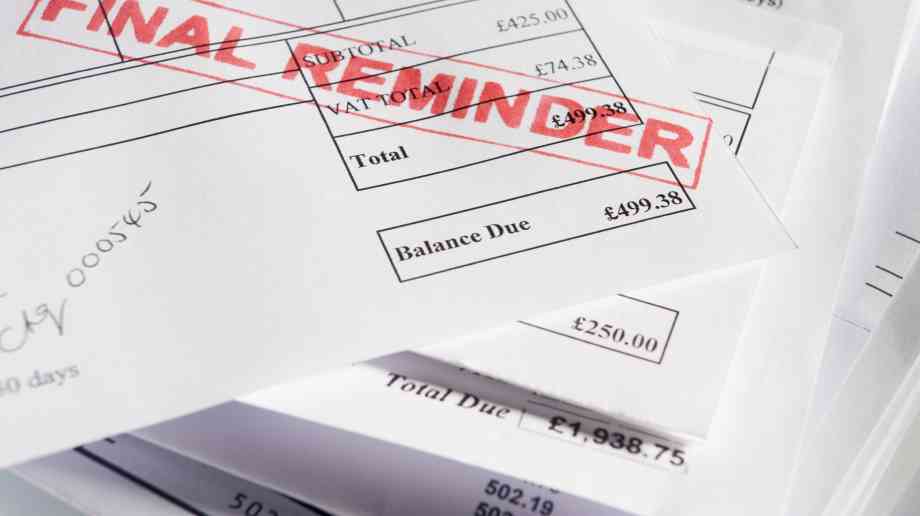Sue Robb of 4Children talks to Julie Laughton and Alison Britton from the Department for Education about the role of childminders in delivering the 30 hours free entitlement.
Councils sent 2.6 million debts to bailiffs last year

The use of bailiffs to collect debts owed to local authorities has risen by seven per cent in two years, driven largely by a surge in the use of bailiffs to collect parking debts.
The Money Advice Trust, the charity that runs National Debtline and Business Debtline, says that more than 2.6 million debts were passed to bailiffs by local authorities in 2018/19. While the number of referrals to bailiffs for council tax debt remained stable from two years earlier, the overall number of 1.4 million referrals remains too high and around half of councils are continuing to increase their use of bailiffs for council tax.
The research also found that 51 per cent used fewer bailiffs than two years ago – and the charity has found a modest net improvement in debt collection practices in that time.
Specifically, parking debts were passed to bailiffs on nearly 1.1 million occasions – a 21 per cent like-for-like increase on the same period in 2016/17.
Joanna Elson OBE, chief executive of the Money Advice Trust, said: “Bailiff action is harmful to people in debt – and the fact that local authorities are passing 2.6 million debts a year to bailiffs should concern us all. Reforming the law around bailiff action itself is vital if we are to protect people from harm – and we are today renewing our call for the government to introduce independent bailiff regulation and a single complaints mechanism.
“Of equal importance, however, is reducing the number of debts that are being passed to bailiffs in the first place. While we have seen a modest improvement in debt collection practices – and more councils reducing their use of bailiffs to collect council tax arrears – the pace of change is too slow.
“Bailiff action should only ever be used as a last resort, and can be avoided by early intervention, making sure residents get the free debt advice they need, and agreeing repayment arrangements that are affordable and sustainable. We will continue to work constructively with councils to help them reduce their bailiff use – and to impress on central government the urgent need for the national policy changes that are required to quicken the pace of change.”
Richard Watts, chair of the Local Government Association’s Resources Board, said: “Councils have a duty to their residents to collect taxes, which play a vital role in funding important services that people rely on. However, we realise that times are tough and councils do their best to protect those affected the most, whether through introducing hardships funds or taking a sympathetic and constructive approach to the way we collect unpaid tax.
“We have worked with Citizens Advice on a protocol for recovering debts, which as this report demonstrates is having a positive effect. It includes the need for fair collection and enforcement policies and the ability for councils to take back cases involving vulnerable families. Anyone having trouble paying the
Company Focus
Located in Bromley, Japanese Knotweed Eradication Ltd has been providing solutions in the treatment and removal of Japanese Knotweed (Fallopia Japonica) for over a decade. During this time we have mastered a repertoire of methods, from herbicidal treatments to landscaping solutions, tailored to address the unique challenges our clients face with this pervasive weed.
Event Diary
UKREiiF has quickly become a must-attend in the industry calendar for Government departments and local authorities.
The multi-award-winning UK Construction Week (UKCW), is the UK’s biggest trade event for the built environment that connects the whole supply chain to be the catalyst for growth and positive change in the industry.
Supplier Profiles
Geo Energy
At GeoEnergy Design, we're on a mission to disrupt the traditional way heating and cooling ha
Latest Features
Professor Harith Alani, director of the Knowledge Management Institute at the Open University explains how AI can be used for good and bad.
Alex Lawrence, head of health & social care, techUK sets out techUK’s Five Point Plan for CareTech.

















